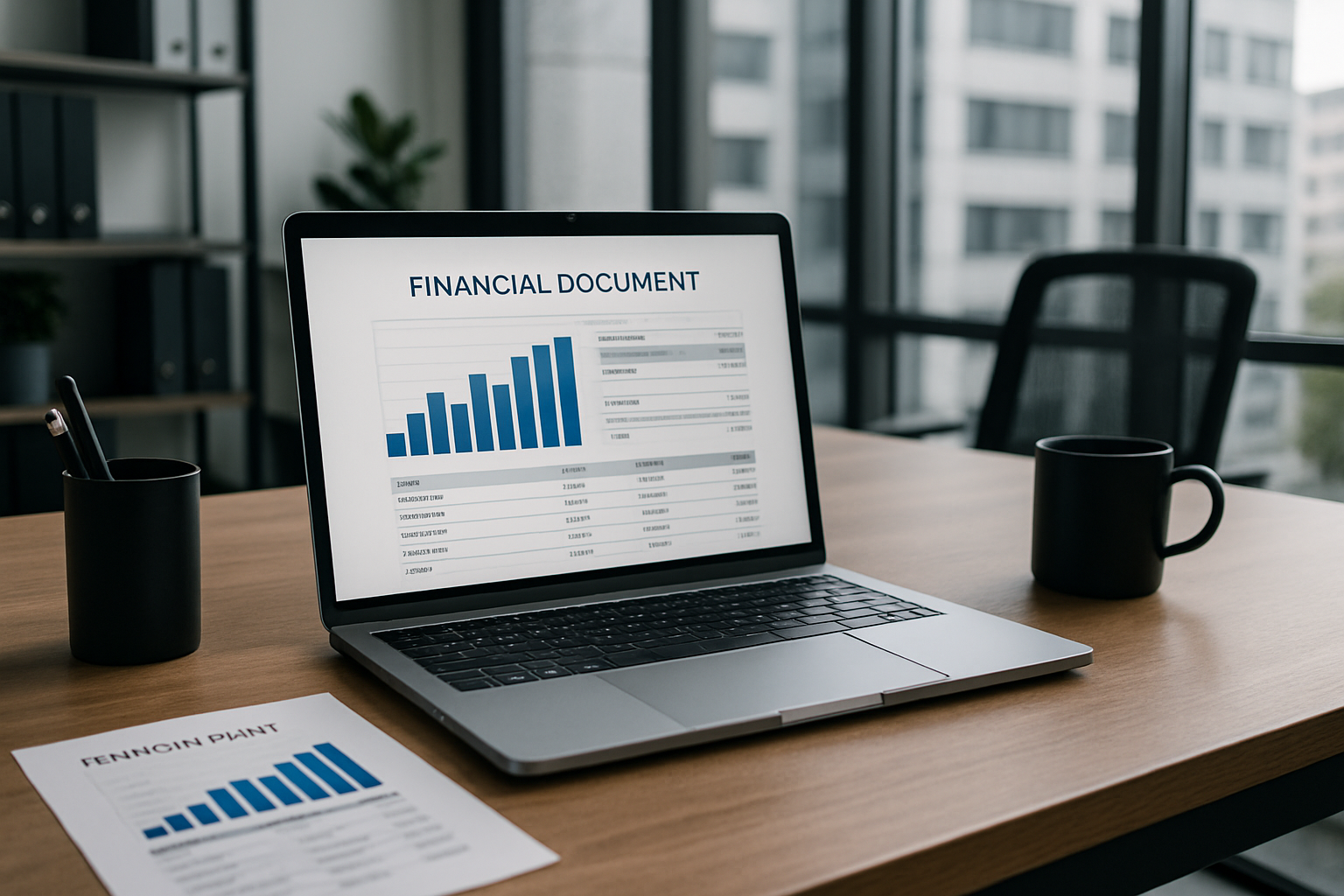How to Qualify for a Business Loan With No Credit History
Starting a business without any credit history is common — but it can make getting financing feel impossible. Lenders typically look at credit scores to assess risk, so if your business is new or you’ve never borrowed before, you might be wondering: Can I still get a business loan with no credit history?
The answer is yes — but it takes strategy. By focusing on alternative qualifications, building lender trust in other ways, and choosing the right type of loan, you can secure the funding you need even without an established credit profile.
Here’s how to do it.
Why Credit History Matters (and Why It’s Not Everything)
Credit history tells lenders how you’ve handled debt in the past — whether you repay on time, how much debt you’ve carried, and how responsible you are as a borrower. But if you’re a new business or haven’t used credit before, you simply don’t have that track record.
Fortunately, many lenders — especially online and alternative lenders — will look at other indicators of financial strength like revenue, cash flow, business performance, or collateral when making lending decisions.
Best Ways to Qualify for a Business Loan With No Credit History
1. Use Business Revenue and Cash Flow as Proof of Reliability
If you’ve been operating for several months or more, your business income and cash flow can speak louder than credit. Lenders often review:
-
Monthly revenue trends
-
Consistency of cash flow
-
Customer contracts or invoices
If you can demonstrate stable income, some lenders will approve your loan even without a credit history.
Best for: Businesses with at least 6–12 months of revenue data.
2. Offer Collateral or Assets to Secure the Loan
If you don’t have a credit history, you can lower the lender’s risk by offering collateral — such as inventory, equipment, vehicles, or real estate.
Collateral-backed loans are less risky for lenders, so they’re often more willing to approve businesses with no credit profile.
Pros:
-
Higher approval chances
-
Possibly lower interest rates
Cons:
-
Risk of losing the asset if you default
Best for: Businesses with valuable physical assets or equipment.
3. Apply for a Secured Business Credit Card First
If traditional loans are out of reach, a secured business credit card can help you build credit history quickly. By using it for small expenses and paying on time, you’ll establish a payment track record within months — making future loan applications easier.
Why it works:
-
Builds business credit fast
-
Lowers lender risk
-
Often easier to qualify for
Best for: Startups and very young businesses.
4. Consider Revenue-Based Financing or Merchant Cash Advances
Some lenders skip credit checks entirely and base their decision on your revenue performance. With revenue-based financing, you receive a lump sum and repay it as a percentage of future sales.
Merchant cash advances work similarly but are tied specifically to credit card sales.
Pros:
-
No credit history required
-
Fast approval and funding
Cons:
-
Higher costs and fees
-
Repayments fluctuate with revenue
Best for: Businesses with consistent monthly sales.
5. Explore Microloans and Community Lenders
Many nonprofit organizations, local economic development agencies, and Community Development Financial Institutions (CDFIs) offer microloans designed for startups and businesses with no credit.
These loans are typically smaller — often up to $50,000 — but they’re easier to qualify for and can help you build credit.
Examples:
-
SBA Microloan Program
-
Local community lending programs
-
Minority- or women-owned business funds
Best for: New or early-stage businesses seeking their first loan.
6. Use a Personal Guarantee or Co-Signer
If your business lacks credit history, some lenders may approve your application if you personally guarantee the loan — meaning you’re personally responsible for repayment if the business defaults.
Alternatively, bringing on a co-signer with a strong credit profile can improve your chances.
Pros:
-
Increases approval odds
-
May unlock better rates and terms
Cons:
-
Puts your personal assets on the line
Best for: Business owners confident in repayment ability.
Steps to Qualify for a Business Loan With No Credit (Featured Snippet Section)
-
Gather financial documents (bank statements, revenue reports, tax returns)
-
Offer collateral or sign a personal guarantee
-
Explore alternative lenders or microloan programs
-
Build business credit with a secured card or small credit line
-
Apply with a strong business plan and growth projections
What Lenders Look For Besides Credit
Even without credit history, lenders will want to see other signs of stability, such as:
-
Business revenue: Regular, consistent income shows repayment potential.
-
Time in business: Lenders prefer at least 6–12 months of operations.
-
Profit margins and cash flow: Strong financial performance boosts approval chances.
-
Business plan: Clear revenue projections and growth plans show you’re a good bet.
-
Collateral: Reduces lender risk if the loan isn’t repaid.
Tips to Build Business Credit Fast
If you plan to apply for more financing in the future, start building credit now:
-
Open a business bank account and keep finances separate from personal funds.
-
Apply for a small vendor credit line or secured card and pay on time.
-
Register with business credit bureaus (Dun & Bradstreet, Experian Business, Equifax Business).
-
Keep debt levels low and avoid missed payments.
Conclusion: No Credit History? No Problem.
While having no credit history can make business financing more challenging, it’s far from impossible. By leveraging revenue, collateral, or alternative funding options — and by presenting a strong business case — you can qualify for a loan and build your company’s financial reputation in the process.
Once you secure your first loan or credit line, focus on timely repayments and smart credit use. That strong credit history will make future financing easier, cheaper, and faster — fueling your business’s long-term growth.






